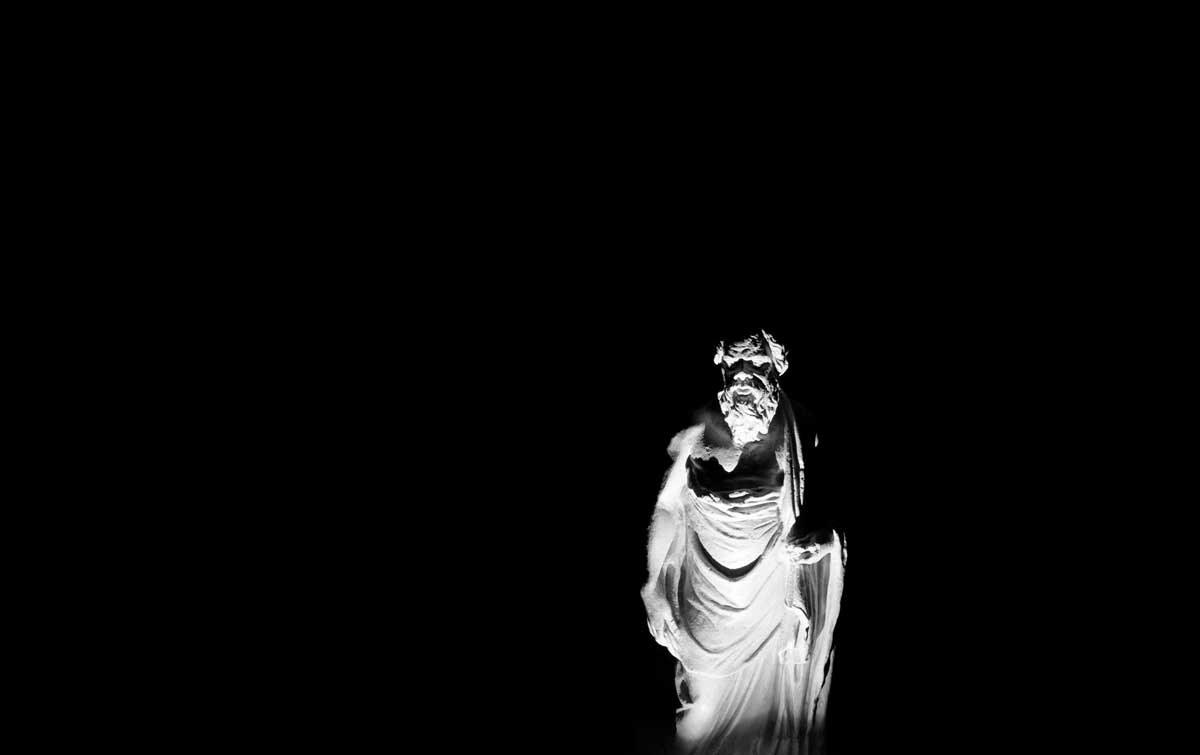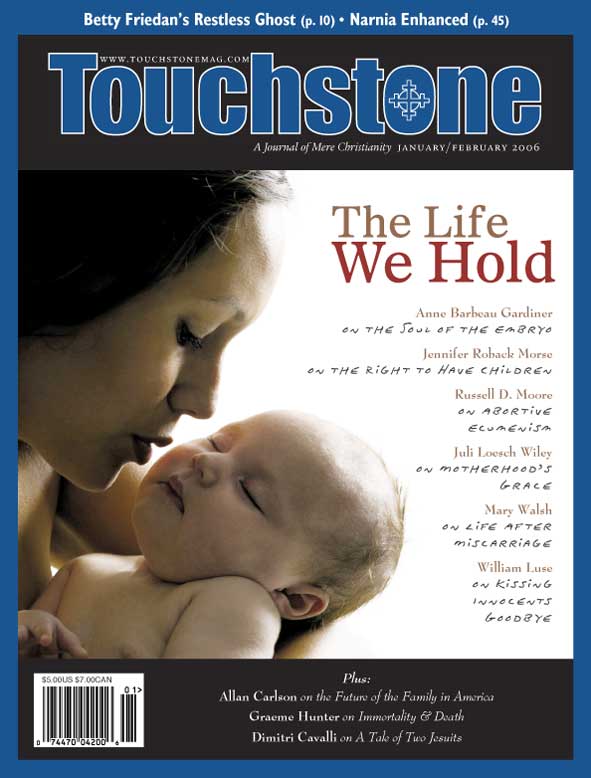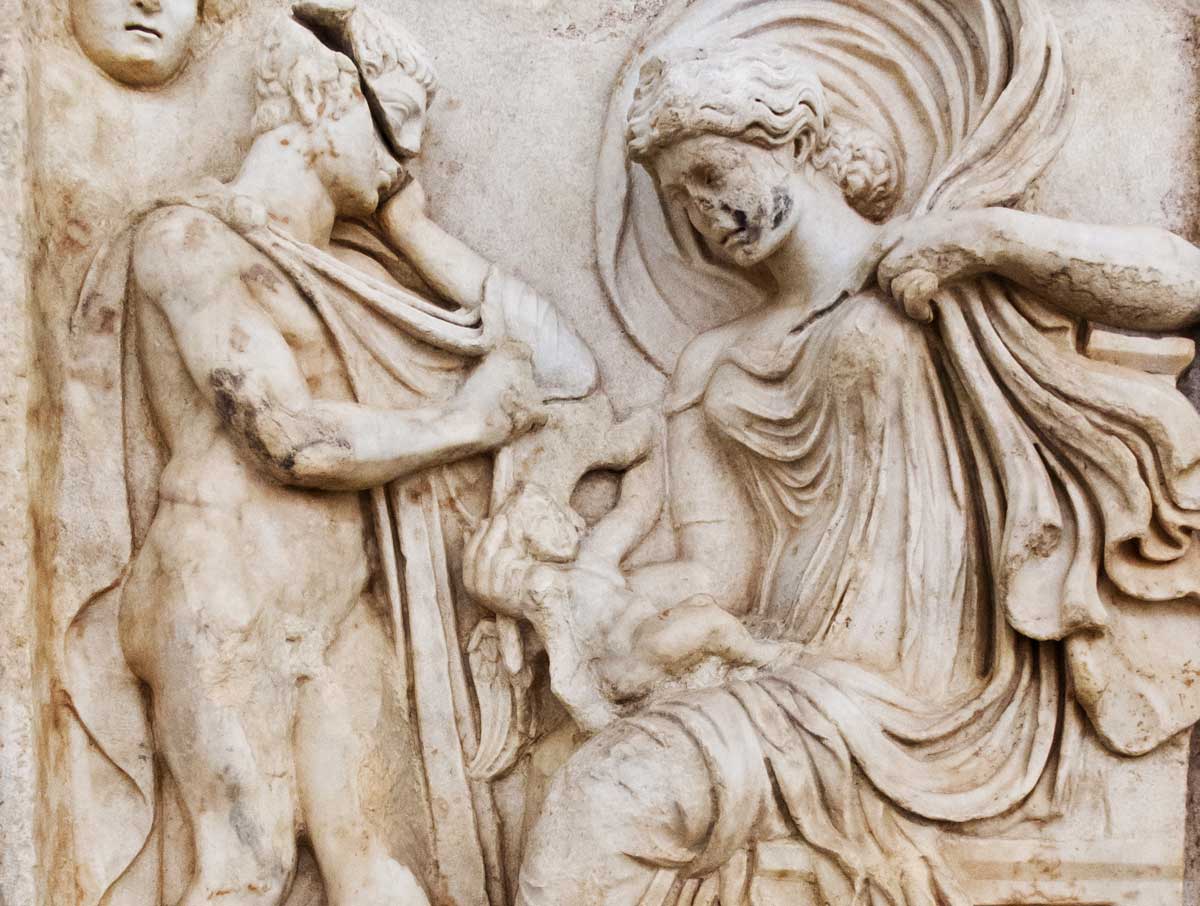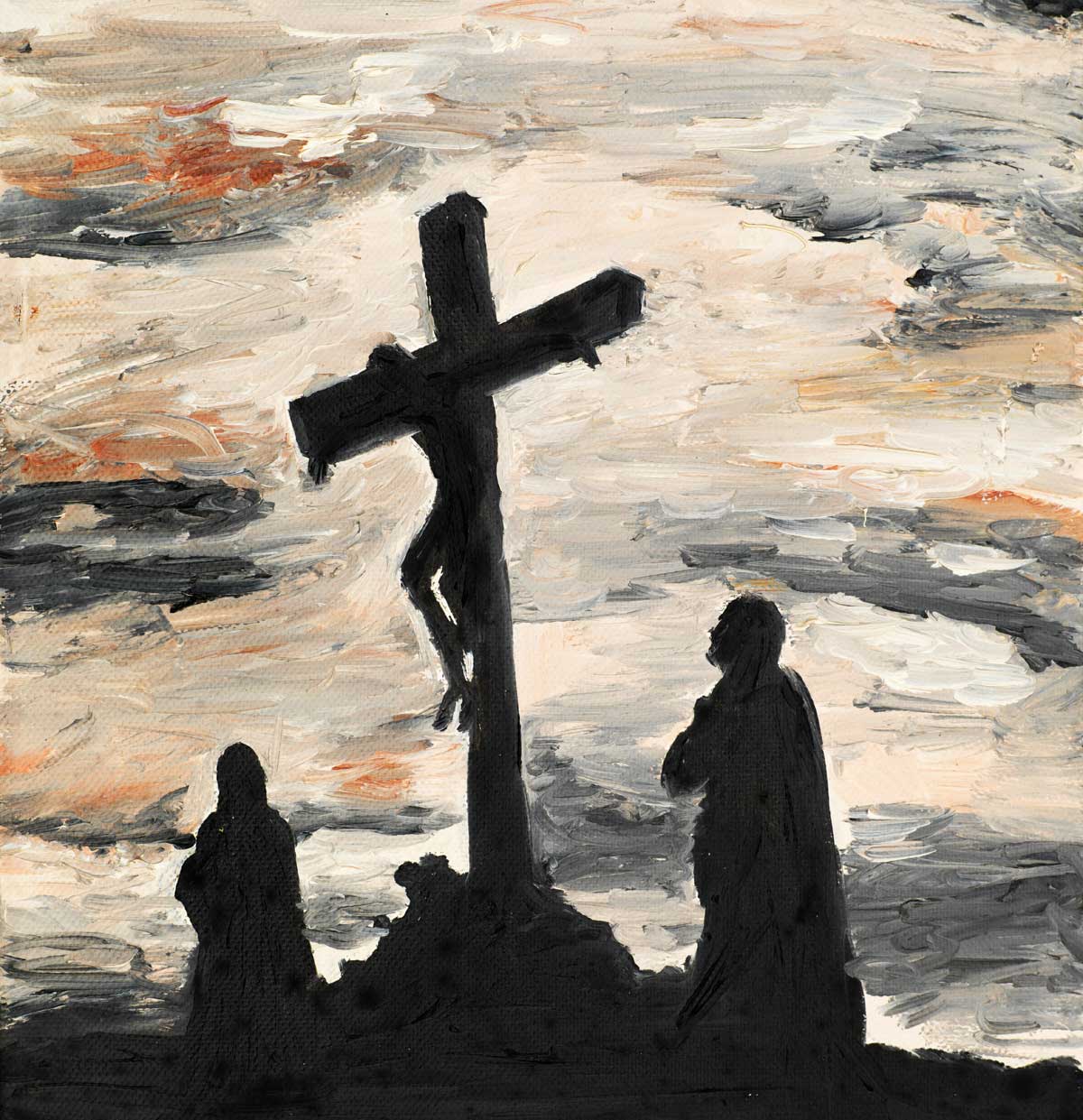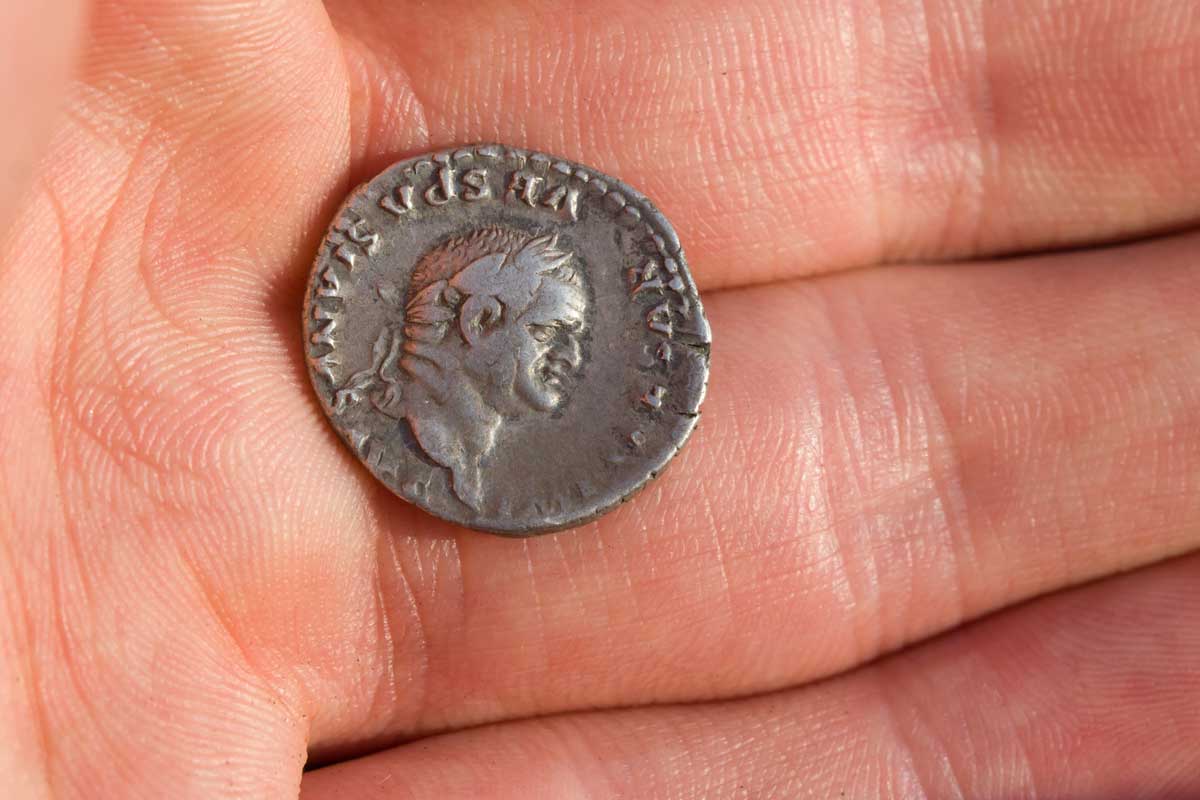View
As If We Were to Be Immortal
Graeme Hunter on Death & Seven of the Last Words of Socrates
Business, said the keynote speaker at a recent pro-life conference, frequently takes him to Holland, the country that seems to have embraced the culture of death with the most enthusiasm. Years ago, he told us, he had begun noticing how few children there were on city streets. On his last visit he became aware of another absence. Now there are fewer old people as well.
The implications of the story were not lost on his graying, middle-class audience. It prepared us well to consider his main point, which was that it is time for the pro-life movement to be less of a circle focused on abortion, and more like an ellipse, with euthanasia as its second focal point. Euthanasia is where the proponents of death are heading next, and we do not want to be unprepared.
Blunt Weapons
That powerful illustration and the recommendation it undergirded came at the beginning of his talk. The speaker went on to spell out for us what the evil of euthanasia was, but the coughs and rustlings across the large room were evidence that his words were not getting through.
Why not? All of us agreed with him. But he would have held our attention better if he had applied his own earlier counsel to himself. If the euthanasia threat is new, it will have to be encountered with new weapons, whereas his weapons were the chipped and blunted ones left over from the brutal abortion battles. Among his hearers were some who had helped to forge those weapons, who were now beyond being frightened by them.
Abortion, he reminded us, is a hideously lopsided transaction: It demands the greatest sacrifice from the unborn—the sacrifice of life itself—and often only in order to secure the convenience or to avoid embarrassment or financial hardship for the adults concerned. The altar of convenience drips with the blood of our children. Now we are enlarging it in order to be able to slaughter our parents there. That, at least, was the gist of the argument, along with the exhortation to step up our fight against euthanasia.
But as he turned to the topic of euthanasia, I began to feel not just the slight impatience I detected around me, but actual resistance to the argument. Into my mind, rather incongruously I thought at first, but relentlessly, swam thoughts about the death of Socrates. But what was the connection? Was it just that he was an old man? Or that he was put to death by the state?
Socrates was executed, not euthanized. There was no obvious connection between his death and euthanasia, and yet there he was in my mind, insisting on being noticed, above the drone of the speaker's words.
He entered not as an image, nor as anything vague. He was saying something he had said about death at his trial, just after expressing scorn and dislike for men who cringe and beg to avoid execution. Such behavior is unconscionable, Socrates was saying, even when they are not guilty of the crime for which they are condemned.
"I have often seen them do this sort of thing when standing trial," Socrates told the jurors, "men who are thought to be somebody, doing amazing things as if they thought it a terrible thing to die, and as if they were to be immortal if they did not die in this way."
Graeme Hunter is a contributing editor to Touchstone and Research Professor of Philosophy at Dominican University College in Ottawa. He is the author of Radical Protestantism in Spinoza's Thought (Ashgate).
subscription options
Order
Print/Online Subscription

Get six issues (one year) of Touchstone PLUS full online access including pdf downloads for only $39.95. That's only $3.34 per month!
Order
Online Only
Subscription

Get a one-year full-access subscription to the Touchstone online archives for only $19.95. That's only $1.66 per month!
bulk subscriptions
Order Touchstone subscriptions in bulk and save $10 per sub! Each subscription includes 6 issues of Touchstone plus full online access to touchstonemag.com—including archives, videos, and pdf downloads of recent issues for only $29.95 each! Great for churches or study groups.
Transactions will be processed on a secure server.
more on abortion from the online archives
more from the online archives
calling all readers
Please Donate
"There are magazines worth reading but few worth saving . . . Touchstone is just such a magazine."
—Alice von Hildebrand
"Here we do not concede one square millimeter of territory to falsehood, folly, contemporary sentimentality, or fashion. We speak the truth, and let God be our judge. . . . Touchstone is the one committedly Christian conservative journal."
—Anthony Esolen, Touchstone senior editor





